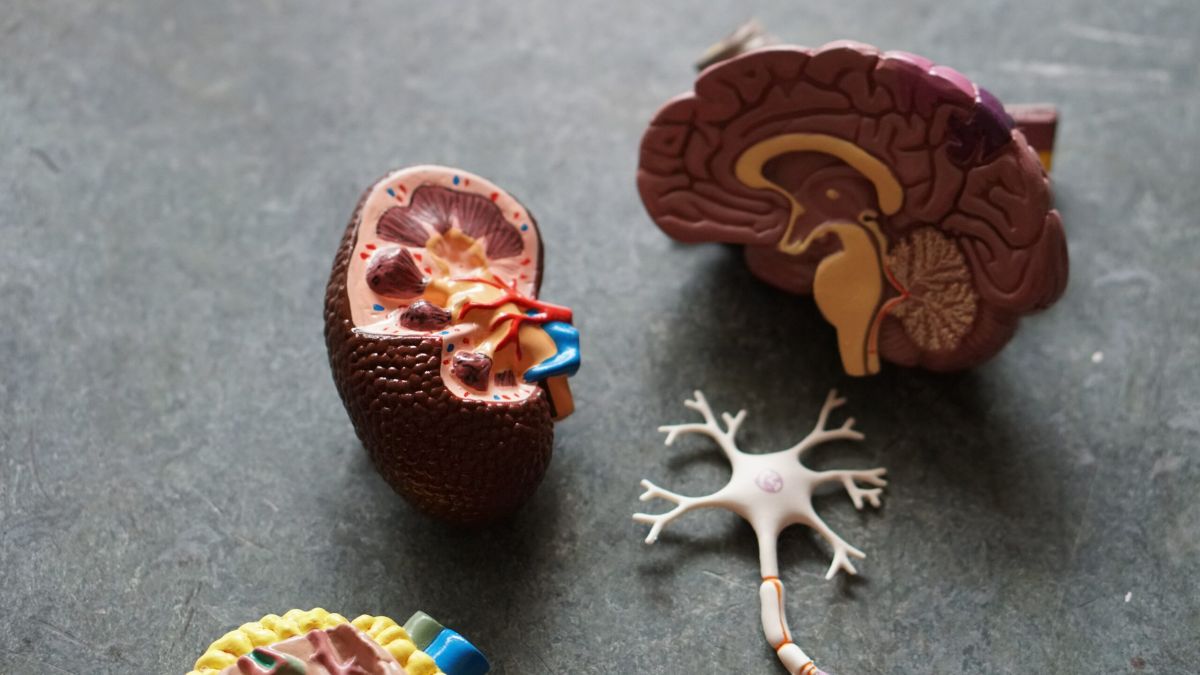Chris Hemsworth vs. the genetic predisposition to Alzheimer’s disease
By Emma Breslin

Chris Hemsworth, while working on National Geographic’s Limitless, a new docuseries about trying to fight back against the natural decline that comes with ageing, underwent a series of genetic tests. What he discovered was not something he could have predicted.
The genetic tests exposed Hemsworth’s unusual makeup, as he possesses two copies of the gene APOE4 – one from his mother and the other from his father. Studies have linked this to an increased risk of Alzheimer’s disease. Whilst one in four people carry a single copy of the gene, only 2-3% of the population have both and these individuals are eight to ten times more likely to develop the disease.
Hemsworth reiterated, during his Vanity Fair interview, that this was not a ‘hard diagnosis’ of Alzheimer’s, but the ‘double occurrence of the gene’ makes him more susceptible to being affected by the disease.
Despite the devastating nature of this revelation, Hemsworth says that he is grateful that he learned about it early so that he can begin to manage the risk, focus on his physical and mental health, and perhaps even delay or mitigate the disorder from developing for as long as possible.
What is Alzheimer’s disease?
Alzheimer’s disease is the most common cause of dementia. It is a chronic progressive neurodegenerative disorder characterised by a range of different symptoms ranging from cognitive dysfunction (e.g. memory loss, language difficulties) to psychiatric and behavioural symptoms (e.g. depression, hallucinations, delusions, agitation).
Alzheimer’s disease affects about 6% of the population, usually over the age of 65. The disease becomes more degenerative and debilitating over the course of around 15-25 years as symptoms worsen and increasingly infringe on an individual’s capacity to maintain their independence and fulfil their day-to-day activities. The number of people living with Alzheimer’s has increased dramatically since 1990 due to an ageing population and is predicted to exceed 152 million cases by 2050.
The brain
The brain makes a person who they are, being responsible for the intricacies of our personalities. Our brain is the reason why we are able to communicate with one another, preserve memories, create emotions, move, and think. The brain is only capable of doing all of these things because of the billions of neurons that make it up.
However, over the course of a lifetime, people can begin to lose more and more neurons due to a variety of different factors such as cardiovascular disorders, traumatic injury, and genetic diseases. The weakening and subsequent loss of these neurons disrupts a person’s ability to function.
In Alzheimer’s disease, large clumps and rope-like tangles form around neurons within the cortex of the brain. These clumps, called plaques, are deposits of a protein called beta-amyloid and are often the first indicators of Alzheimer’s disease developing. The accumulation of this beta-amyloid protein in the brain prevents effective communication between neurons. The tangles are made up of p-tau, and they develop within neurons, eventually killing them.
A person begins to develop Alzheimer’s disease long before they show physical and mental symptoms. The first stage is pre-clinical, with the individual not showing any obvious symptoms, then the disease becomes progressively more severe until the person begins to become unaware of their surroundings. Recent studies imaging the brain of adults with and without dementia suggest that these plagues in the brain “may appear as early as ten years before the onset of physical symptoms.”
Our society
Due to the ageing population, the growing number of potential sufferers of Alzheimer’s disease places a huge amount of pressure on the healthcare system and social services. More research needs to be done in order to facilitate a better understanding of this neurodegenerative disease. Who knows, maybe one day this incurable, progressive disease will become curable due to the magic of science…







